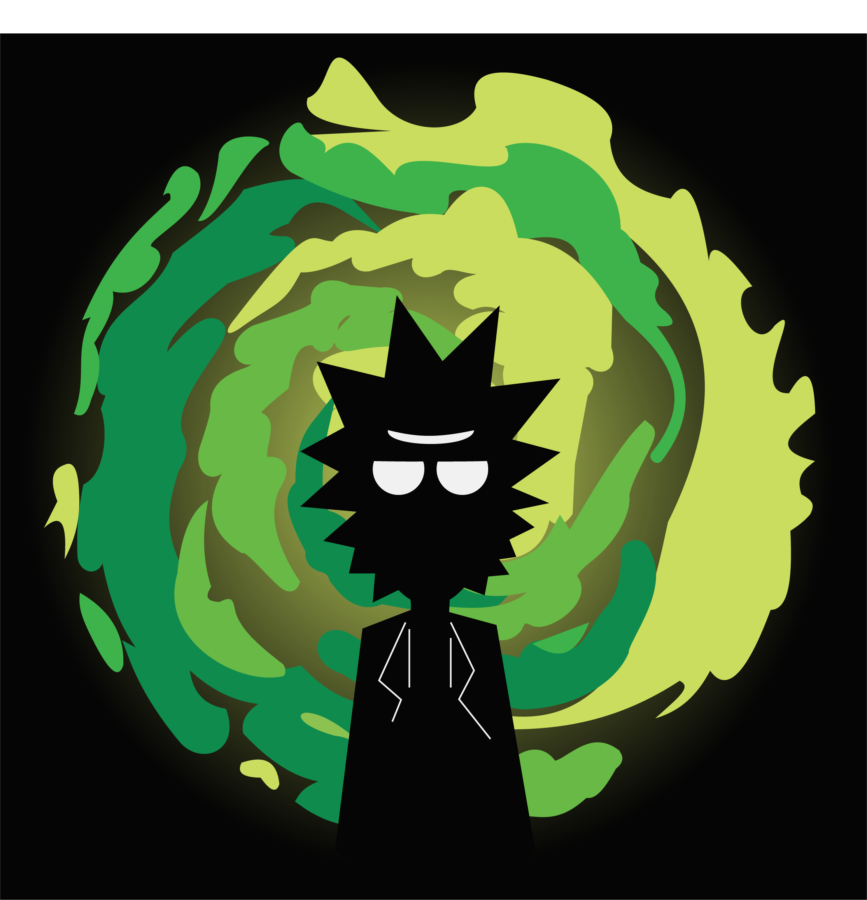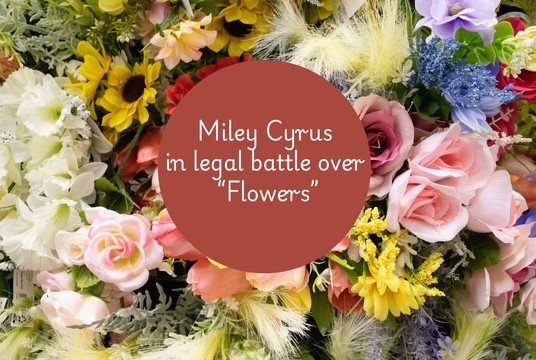Entertainment media reflects society both consciously and subconsciously as content becomes more postmodern and is filled with irony and deconstructed conventions. A product of postmodernism is the antihero archetype that is seen in Rick of “Rick and Morty.”
We are living in a time of disillusionment and pessimism. People challenge systems and conventions because of subpar improvement in political and social policies. The internet gave rise to multiple sources of information that cater to specific values.
Since the end of World War II, audiences have been fascinated with antiheroism as it progressed and evolved from film noir to television breakouts like “Breaking Bad” with the iconic character of Walter White. These characters are critiques of human societies and dark subversions of traditional ideals, stemming from the display of inner truths of the dormant human condition. It is a vehicle to go into the abyss without risking any fantasy to indulge in.
On Nov. 10, Adult Swim aired season four’s first episode of “Rick and Morty.” The episode “Edge of Tomorty: Rick Die Rickpeat” kicked off the season to a great start. The episode pulled many references from anime masterpiece “Akira” and underrated action, sci-fi “Edge of Tomorrow.” As always, the comedy was hilariously meta and clever. “Rick and Morty” also provides great moments of animation and action.
The extreme popularity of the Rick character is an accumulation of all antiheroes, reflecting on the growing pessimism and questioning of institutions. In the archetype of the antihero, the function of these characters provide a foil to mundane morality and have character traits that work against the typical hero.
Rick is less than perfect. He is an alcoholic and rude egomaniac. However, he has a strong fanbase. His popularity is evident when one joke from the show causes a nationwide commotion over schezwan sauce in McDonald’s. Despite the character’s faults, he has qualities that are admirable and valued in most cultures such as intelligence, confidence and accolades. Despite Rick’s attributes, his shortcomings represent how society has grown more callous and indulgent. His distinct humor sets him apart from other characters and creates an effective diversion away from many of his atrocious acts.
The audience is inclined to praise Rick because he reflects the values of millennials and Generation Z. Rick refuses to follow conventions and constantly questions his existence, correlating with how younger generations are redefining identities. Rick reflects how people are rebelling against the government with organizations and protests, specifically the young people who are the main audience of “Rick and Morty.”






























